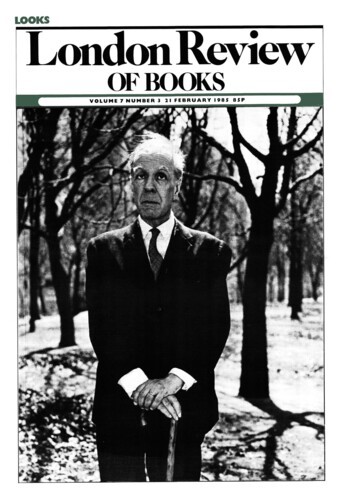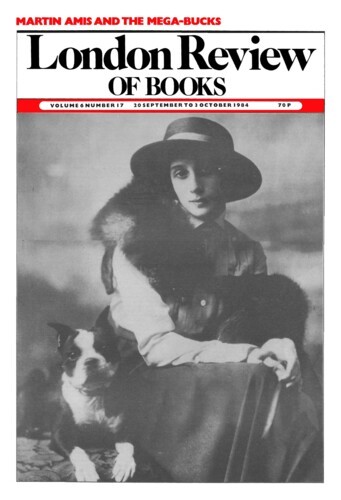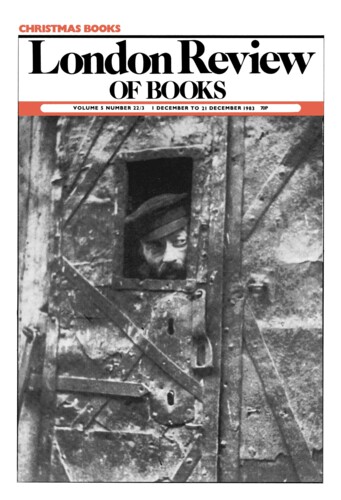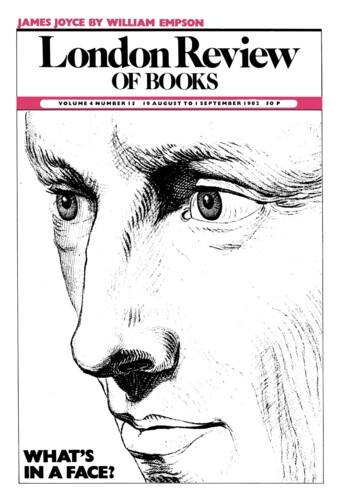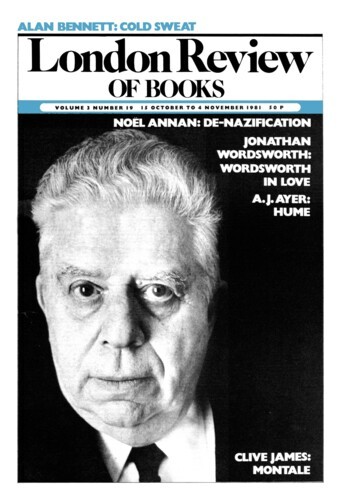Mizzled
Roy Harris, 21 February 1985
On 10 May 1933 an undergraduate at St Hilda’s College, Oxford, wrote in her diary a description of the clothes she was wearing on that sultry summer’s day. The description includes the phrase blue celanese trollies. The diary entry in question was not published until 1984, by which time the diarist, Barbara Pym, had become a cult figure in English literary circles. By that time, too, the words blue celanese trollies needed translation. Neither celanese nor that particular meaning of trolley are to be found in the recent Longman Dictionary (the phrase being roughly equivalent for later generations to blue artificial silk knickers, blue nylon pants or blue synthetic briefs). The passage of time both makes the philologist’s lot, and makes it a difficult one. The chronological hiccough between Barbara Pym’s diary entry and its eventual publication also succeeded in outdating the entry trolley in Partridge, where it is described as a word for underpants in the 1950s, possibly emanating from the Royal Navy. History is a hard taskmaster for lexicographers, if history’s faithful servitors they aim to be. More frustrating still, Miss Pym’s late contribution to our knowledge of the terminology of 20th-century underwear still leaves us without a glimmer of an answer to the question: ‘But why trollies?’
